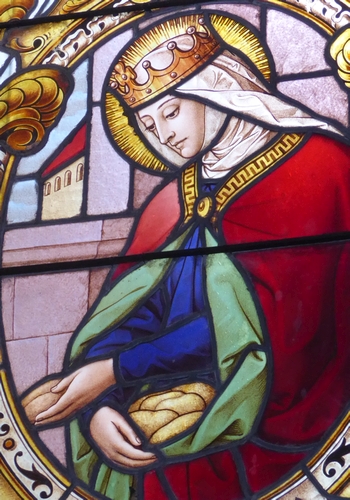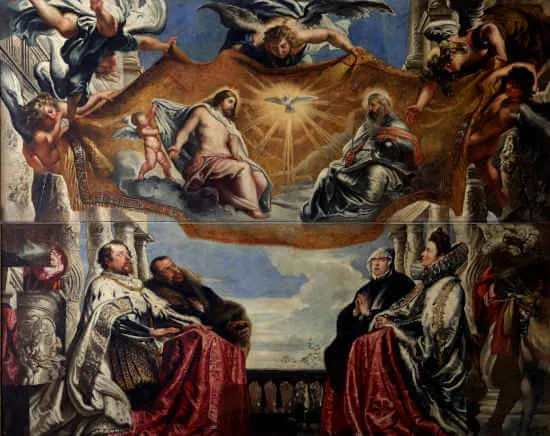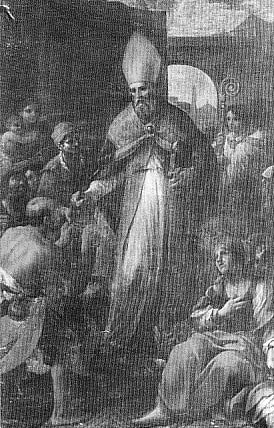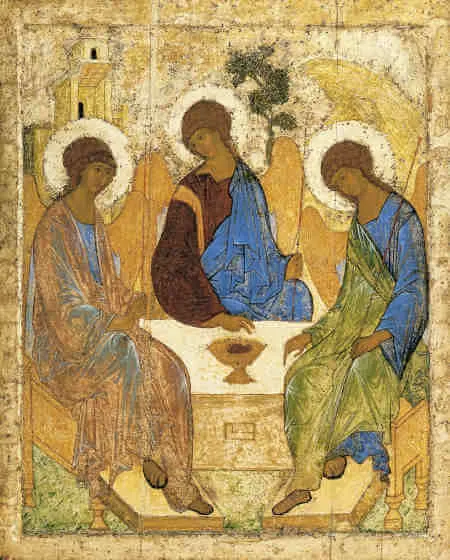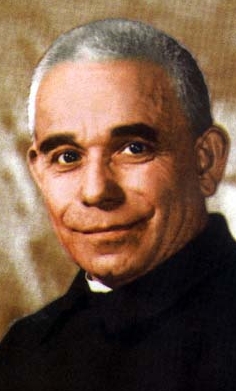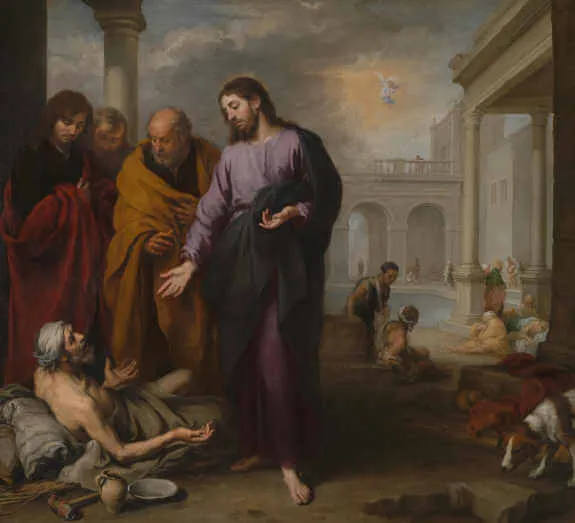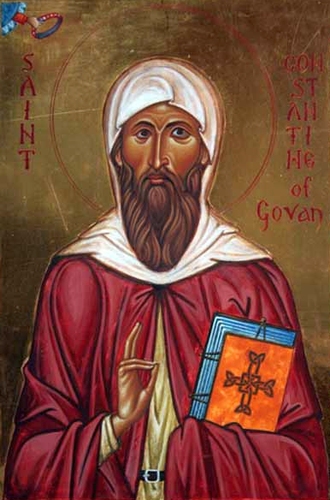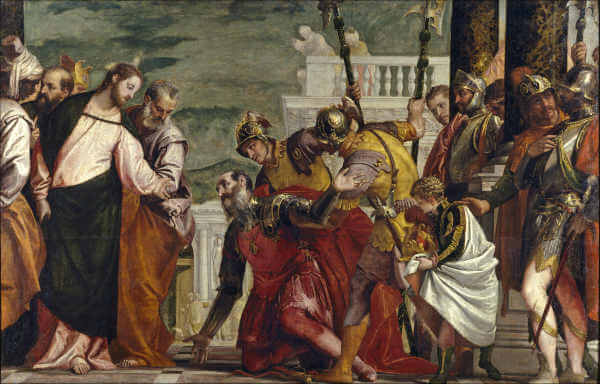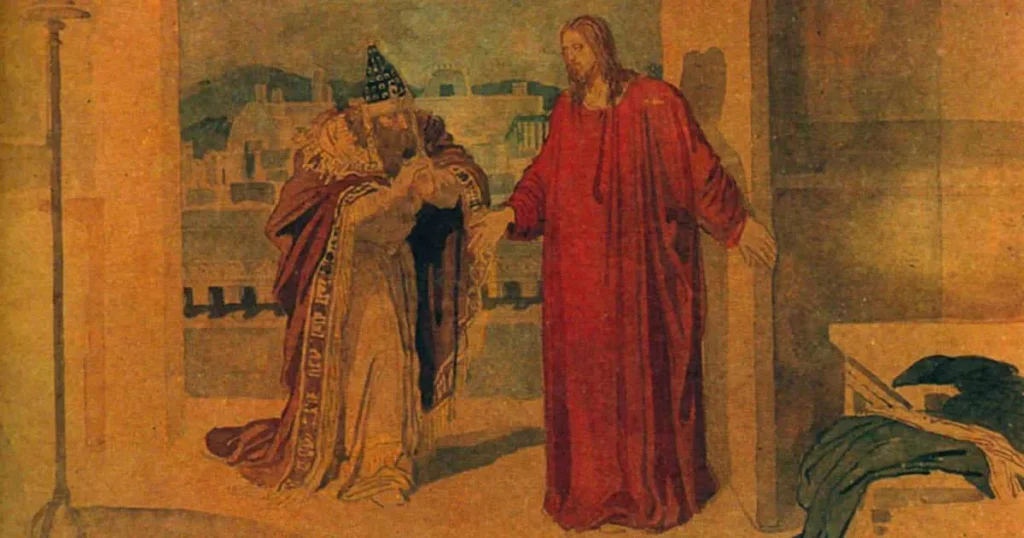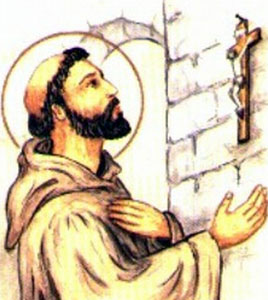Saint Matilda of Saxony
Profile
Matilda was the daughter of Count Dietrich of Westphalia and Reinhild of Denmark; she was raised by her grandmother, abbess of the Eufurt. In 913, Matilda left the abbey, and married King Henry the Fowler of Saxony (Henry I), who had received an annulment from a previous marriage.
Matilda became the Queen of Germany. She was the mother of Otto, Holy Roman Emperor; Henry the Quarrelsome, Duke of Bavaria; Saint Bruno the Great, Archbishop of Cologne, Germany; Gerberga, wife of King Louis IV of France; Hedwig, mother of Hugh Capet.
Matilda founded several Benedictine abbeys. She was well known throughout the realm for her generosity. She taught the ignorant, comforted the sick, and visited prisoners.
Matilda was betrayed by Otto after Henry’s death when he falsely accused her of financial mismanagement.
Born
- c.895 at Engern, Westphalia, Germany
Died
- 14 March 968 at Quedlinburg, Germany of natural causes
- buried in the monastery at Quedlinburg
Patronage
- death of children
- disappointing children
- falsely accused people
- large families
- people ridiculed for their piety
- queens
- second marriages
- widows
Representation
- alms
- bag of money
- crown
- orb
- sceptre
- purse, indicative of her generosity
- queen with a whip
- queen holding a church
Source: https://catholicsaints.info/saint-matilda-of-saxony/
Saint Matilda of Saxony Read More »


